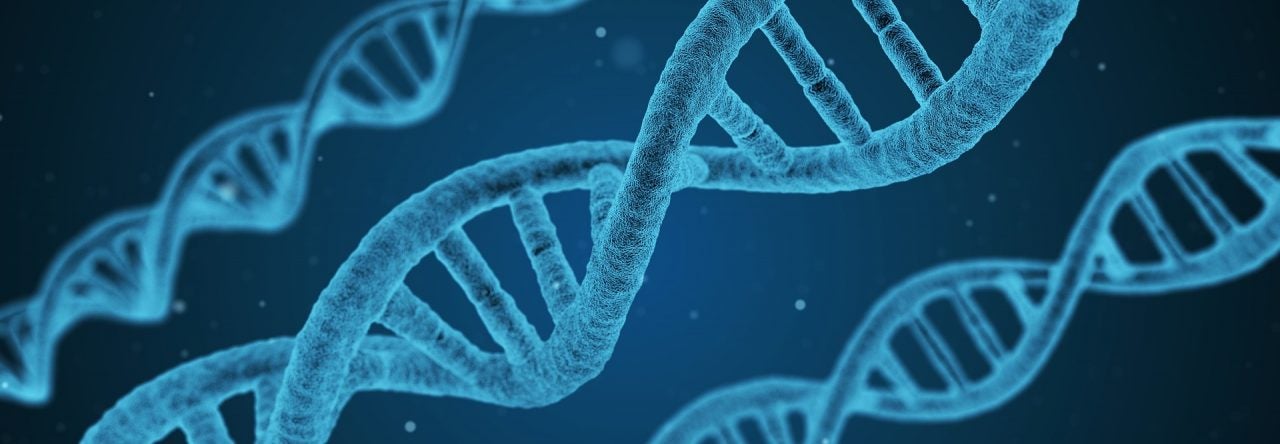Between the disproportionate burden of the coronavirus on BIPOC (Black, Indigenous, People of Color) and the most recent murders of innocent Black Americans by police across the nation, the true scope and impact of racial inequality in the United States has become painfully and undeniably evident.
A majority of Americans now recognize that in order to end the sanctioned murder of innocent Black Americans at the hands of the police, it is imperative not only to insist on dramatic police reformation, but to deliberately change the culture that has long permitted systemic racism to undermine and subdue BIPOC.
So what can we do as busy graduate students to actively effect lasting change? Individually, we can educate ourselves on the subject and work to deconstruct our own biases, conscious or otherwise, that continue to allow racism to persist in our society; as academics, we can further address the roots of racial inequalities by promoting the increased involvement of BIPOC in STEM disciplines.
One such opportunity involves becoming a National Summer Undergraduate Research Project (NSURP) mentor of microbial science for a BIPOC undergraduate student this upcoming July. If you apply now, you can make NSURP’s second window of month-long research projects taking place mid-July to mid-August. Projects will be done remotely this year because of COVID-19, and although this means traditional lab work will not be an option, it has created the unique opportunity to mentor a student regardless of their institution, city, or country!
Go to https://nsurp.org for more information on how to become a mentor.
May your thirst for knowledge never be quenched,
Nina
Resource suggestion made by Will Louie
Edited by Anna Feitzinger and Mikaela Louie



